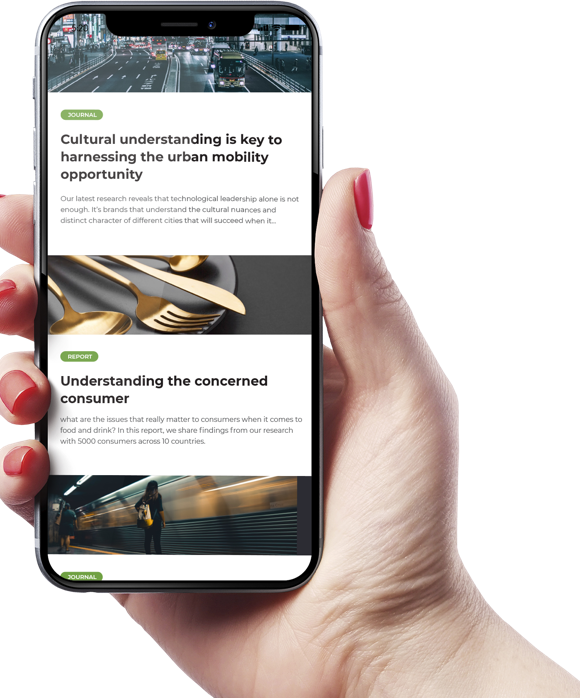Computer-assisted personal interviewing (CAPI) is a data collection method in which an interviewer uses a computer or tablet to guide the interview process and record responses. This technique streamlines the interviewing process, enhances data accuracy, and facilitates real-time data entry and validation.
Definition of CAPI
CAPI involves an interviewer conducting face-to-face interviews with respondents using a computerized questionnaire. The interviewer reads questions from the computer screen and inputs the respondent’s answers directly into the device. This method replaces traditional paper-and-pencil interviews, offering numerous advantages in terms of efficiency and data quality.
Historical Context The concept of CAPI emerged in the late 20th century as computers became more portable and accessible. Early CAPI systems were bulky and limited, but advances in technology have made the process more efficient and user-friendly. Today, CAPI is widely used in market research, social science research, and public opinion polling.
Alternative Terms CAPI is sometimes referred to as:
- Computer-Assisted Personal Interviewing
- Tablet-Assisted Personal Interviewing (when using tablets specifically)
- Electronic Personal Interviewing
Who Uses CAPI?
CAPI is used by a wide range of organizations, including:
- Market Research Firms: To gather detailed consumer insights and preferences.
- Government Agencies: For census data collection and public opinion surveys.
- Academic Researchers: To conduct social science research and behavioral studies.
- Healthcare Organizations: For patient surveys and health-related research.
What is the Purpose of CAPI?
The primary purpose of CAPI is to improve the efficiency and accuracy of data collection through personal interviews. It helps in:
- Reducing Errors: Automated data entry minimizes manual errors associated with paper surveys.
- Enhancing Data Quality: Real-time validation and skip logic ensure consistency and completeness.
- Saving Time: Streamlined processes reduce the time needed for data collection and processing.
When is CAPI Used?
CAPI is particularly useful in situations requiring:
- Complex Questionnaires: Where skip patterns, branching, and real-time validations are needed.
- Large-Scale Surveys: Such as national censuses or large market research studies.
- Sensitive Topics: Where face-to-face interaction helps in building rapport and trust with respondents.
Why is CAPI Important?
CAPI offers several benefits that make it a valuable tool in data collection:
- Efficiency: Speeds up the data collection process by eliminating the need for paper-based data entry and subsequent digitization.
- Accuracy: Reduces the likelihood of data entry errors and ensures that all responses are captured accurately.
- Flexibility: Allows for complex questionnaire designs with automated skip patterns and branching logic.
- Real-Time Data: Enables immediate data validation and storage, facilitating faster analysis and reporting.
How is CAPI Conducted?
Conducting a CAPI survey involves several steps:
- Questionnaire Design: Creating a computerized questionnaire with necessary skip patterns, validations, and branching logic.
- Interviewer Training: Training interviewers on how to use the CAPI system and conduct the interviews effectively.
- Data Collection: Interviewers conduct face-to-face interviews, entering responses directly into the computer or tablet.
- Data Validation: Real-time validation checks ensure data completeness and accuracy during the interview.
- Data Analysis: Collected data is immediately available for analysis, reducing the time between data collection and reporting.
In conclusion, CAPI (Computer-Assisted Personal Interviewing) is a modern and efficient method for conducting face-to-face interviews. By leveraging technology, it enhances data accuracy, reduces errors, and speeds up the data collection process. Understanding the definition, purpose, historical context, and benefits of CAPI helps researchers and organizations make informed decisions about their data collection strategies.
At Kadence, it’s our job to help you with every aspect of your research strategy. We’ve done this with countless businesses, and we’d love to do it with you. To find out more, get in touch with us.

